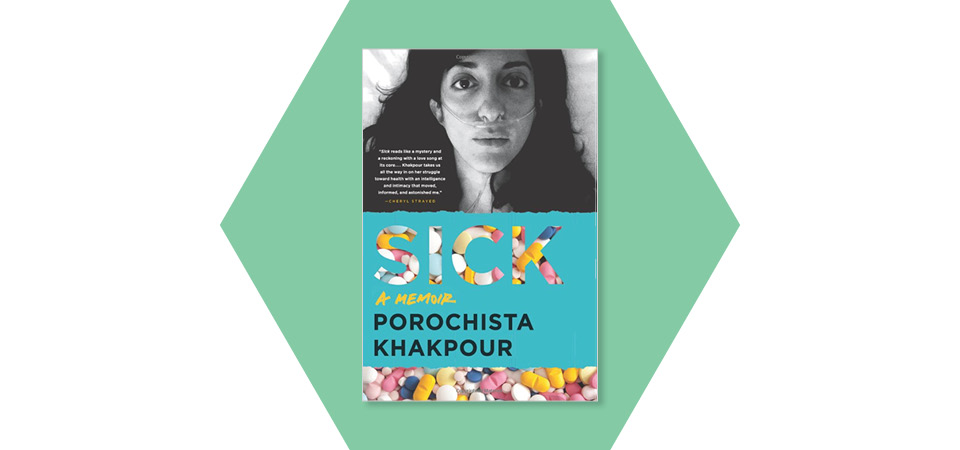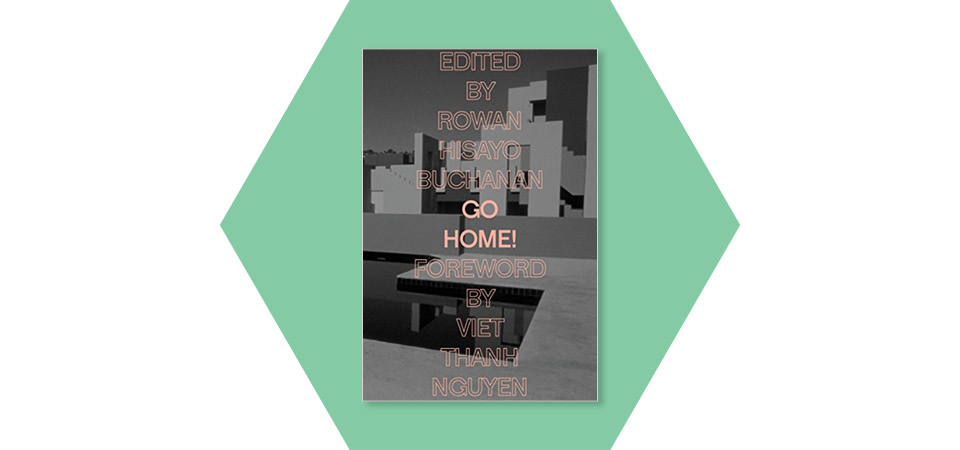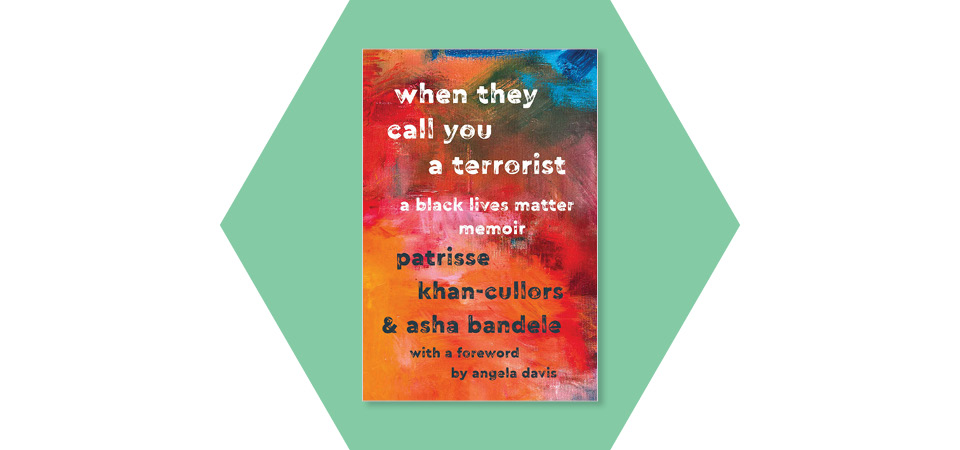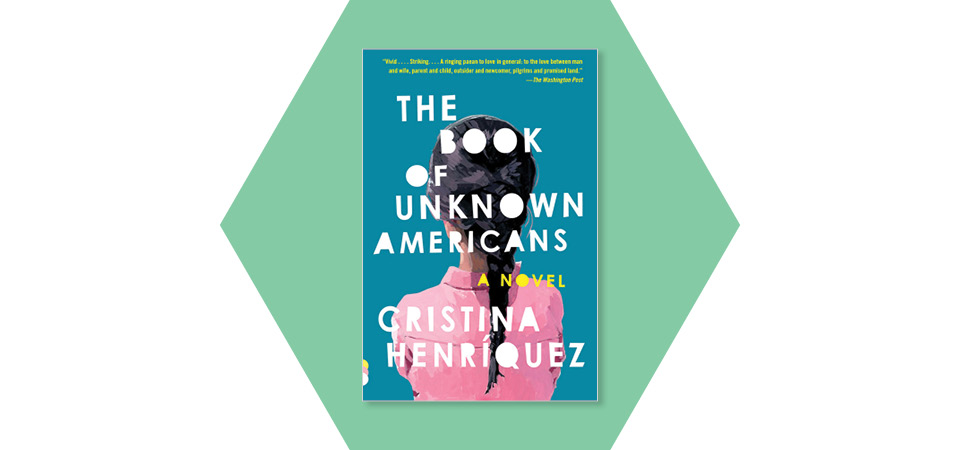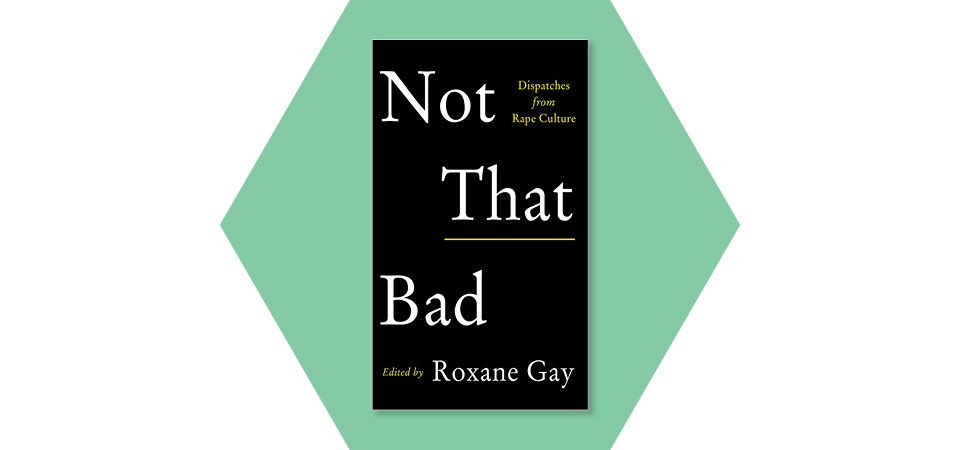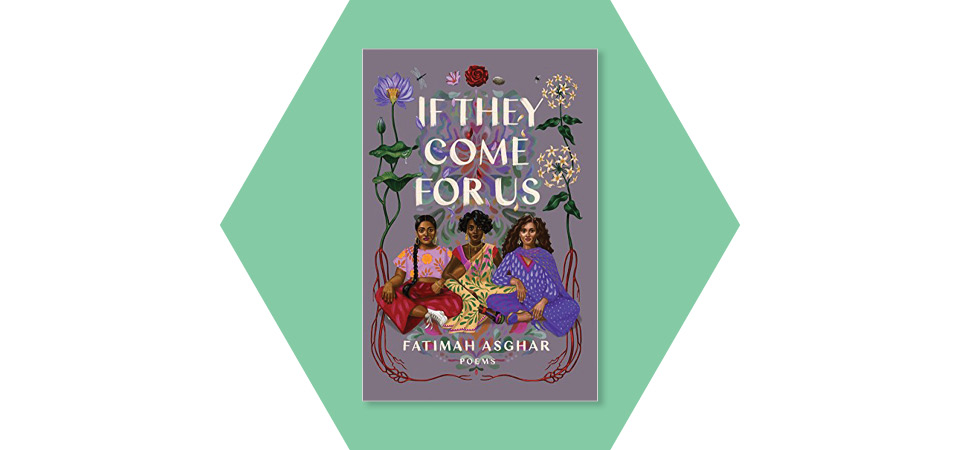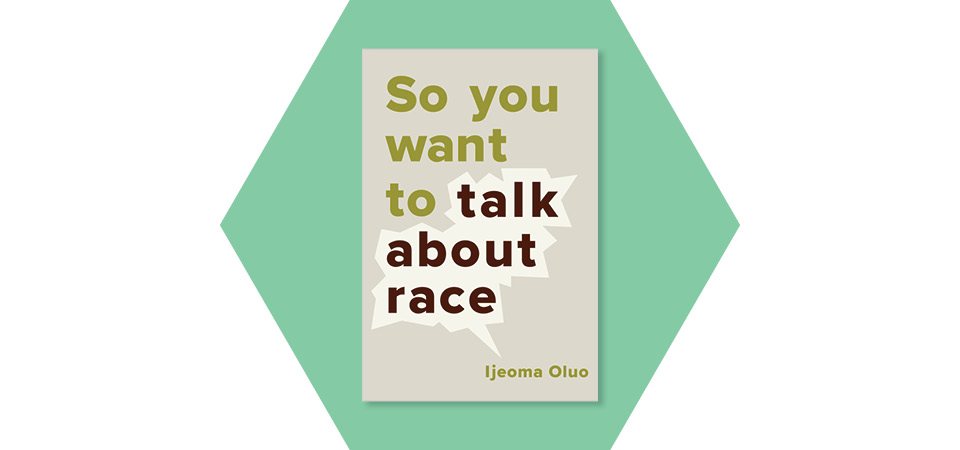You don't know what you don't know.
But in 2019, it is an extreme privilege to choose to not want to know, to not want to learn, about the experiences of others. Unless you are physically able to sleep with your head underneath a rock, you cannot possibly be ignorant to the divisive, dismissive, and, for sake of alliteration—absolutely disgusting rhetoric that's been thrown around recently.
I'm tired of that rhetoric. I don't care for that rhetoric that tries to imply some version of "us" and "them" or "us" versus "them". Guess what? It's just us. We are all the "us." And I want to hear from the people who have stories to tell.
I'm a middle-class white girl from a tiny farm town in Michigan. I don't expect, nor do I pretend, to have some sort of understanding for what anyone else goes through. I am empathetic to others' experiences simply because I choose to listen to them. Listening—something we all need to do a little bit a lot more of.
Fear or love—those are supposed to be the two driving forces between every decision we make, right? Stop fearing. Listen to what other people have to say about their experiences. It doesn't have to affect what you think, what you are, what you believe. Just hear their truth. Love one another. Support one another. Give each other a chance. Women of color have experiences unique to them in this world. In this country. Take the time to hear them out. To soak them in. To think about how you can be better.
By reading these women's testaments to their experiences, to their truths—you're acting out of love. You're supporting women monetarily, which is important in itself, but you're also taking a key step forward in that you're listening. In the interest of my summer reading list, I conducted good ole fashioned research (on the internet) and asked for recommendations for recently published books that
can't be missed—resulting in this list—which is by
no means an exhaustive list. If you're interested in following along with us, or have recommendations of your own for the team, email us at
editorial@careercontessa.com. Happy reading!
1. Sick: A Memoir
By Porochista Khakpour
Being sick is frustrating. It's exceptionally frustrating when you can't figure out
why you're sick. And it becomes substantially more frustrating when the professionals who are supposed to heal you, also don't know why you're sick.
Khakpour narrates her experiences dealing with years and years of suffering from what was later diagnosed as late stage Lyme disease. Uncertainty and hope are woven into Khakpour's experiences navigating her mental and physical health.
2. Go Home!
Edited By Rowan Hisayo Buchanan
This anthology is not written exclusively by women—but it does feature Asian diasporic writers who are women. This book is composed of intimate, vulnerable truths—stories of "home" and what it means to belong, showcasing the unique experiences of a collective group of people.
3. When they call you a terrorist
By Patrisse Khan-Cullors and asha bandele
A memoir that
offers a personal look into the Black Lives Matter movements—from the perspective of co-founder Patrisse Khan-Cullors. Her experiences growing up as a black woman help give context to the foundations of the movement, and the people that stand behind it. The authors epitomize what it means to show strength in vulnerability.
4. The book of unknown Americans
By Cristina Henríquez
The story of a Hispanic family living on the east coast, brought by their parents who left their life in Mexico in the pursuit of a better life for their children in America—specifically for their daughter, who suffered an injury which resulted in a mental disability. This is the story of family, of risk, and of the truth in the sacrifices we are willing to make for those that we love unconditionally.
5. Not that bad: Dispatches From Rape Culture
By Roxane Gay
You may know Gay from her NYT Bestseller
Bad Feminist, where she touches on how we navigate the seemingly endless contradictions of feminism—how we maintain our feminisms while listen to Chris Brown, watch the NBA, play Scrabble, or teach college students. This time,
Gay provides commentary for the perpetuation of sexual violence in our culture as of late. She writes about what it means to live in our world, where sexual violence is normalized, sexualized, advertised, and prominent in virtually every facet of our lives.
6. If they come for us
By Fatimah Asghar
Asghar uses her poems to narrate her journey of learning about herself and the world—learning about race, sexuality, violence, womanhood—as an orphan who lacked parental guidance. Her poems explore marginalized people's experiences through her own eyes, simultaneously uniting and exhibiting the independence of each person's story.
7. So you want to talk about race
By Ijeoma Oluo
Oluo fearlessly and eloquently addresses race
in this novel—breaking down difficult, complex topics into understandable, relatable thoughts for her readers. Black Lives Matter, police brutality, privilege, and intersectionality are all explored and explained—tailored to an audience that's as diverse as the topics she covers.
